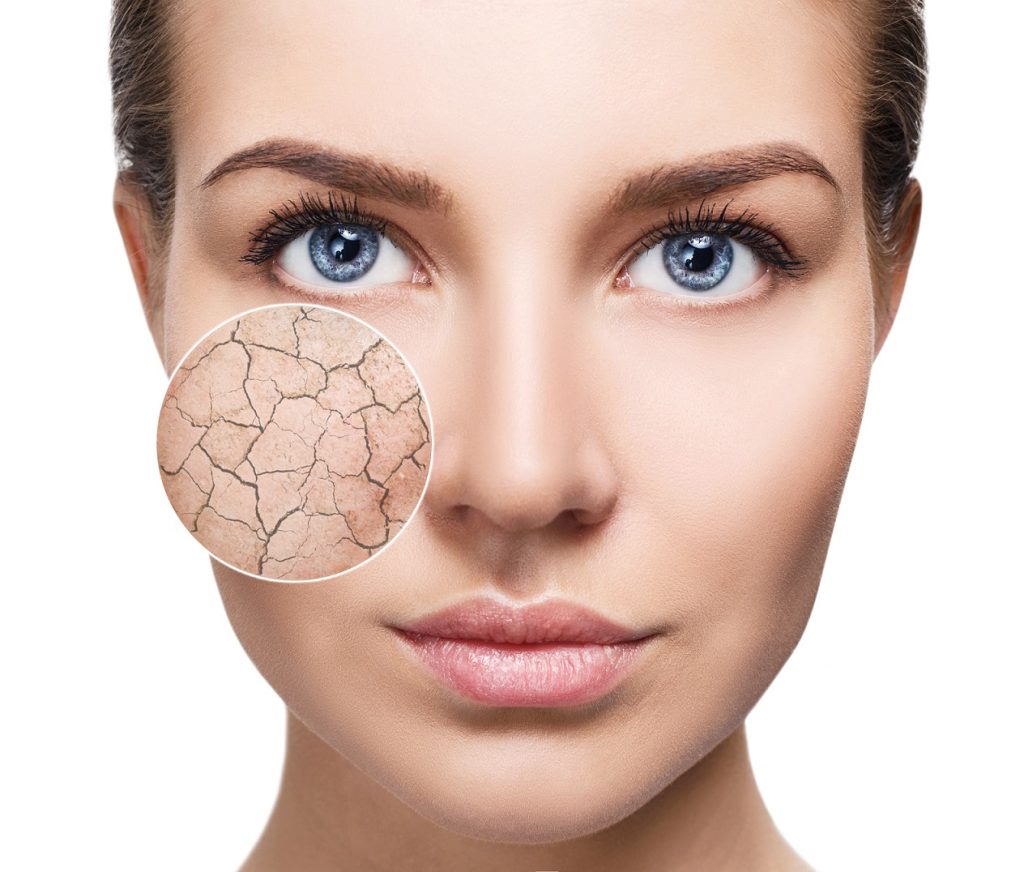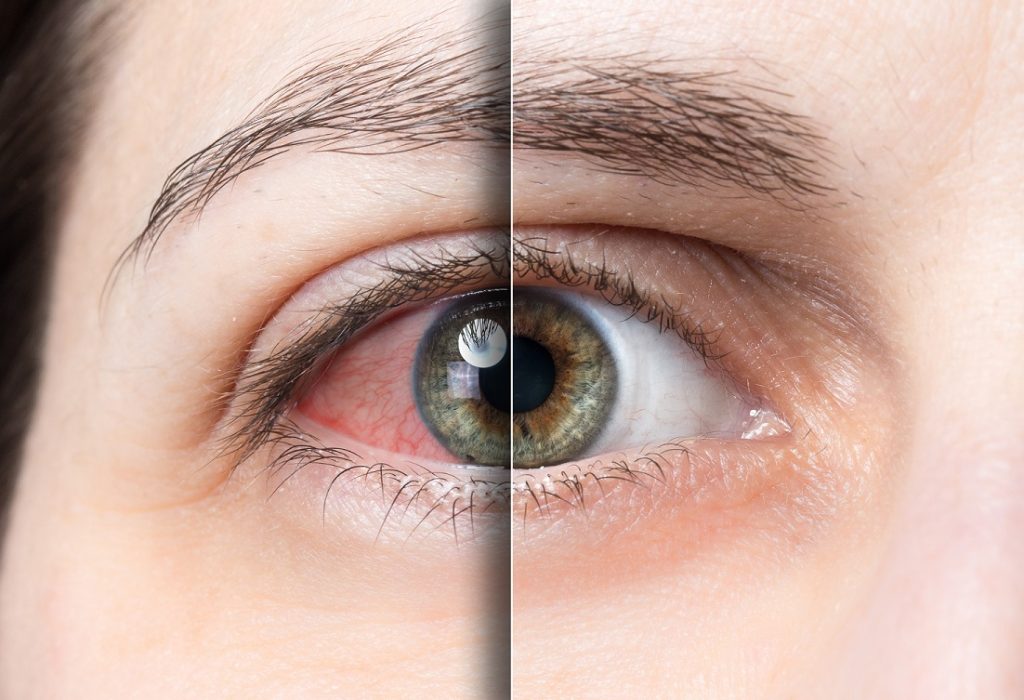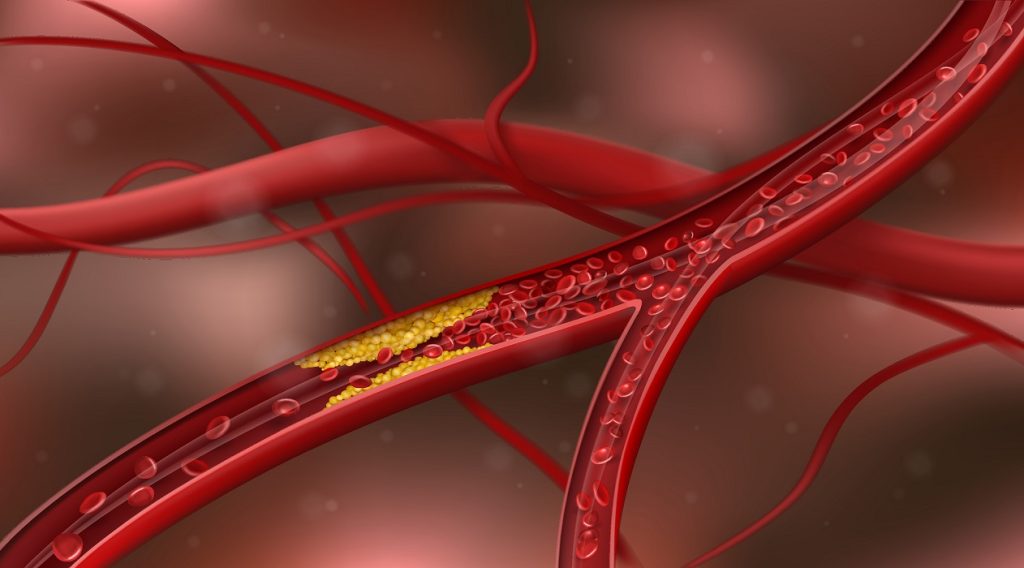Omega 3 Fatty Acids are essential fats in the human body that can only be derived from their diet. Omega-3 is associated with enhancing our body with several health benefits. It cannot be produced in the body; hence it has to be derived from the diet through the foods we eat.
However, it is not always possible to have diets focused solely on TrueBasics Omega 3. Unless one is on Omega-3 supplements, there is a possibility of developing a vital nutrient deficiency.
Out of the three types of Omega-3 fatty acids — ALA, EPA, and DHA, only ALA can be found in plant-based sources like Hemp seeds, flax seeds, flaxseed oil, spinach, Brussels sprouts, chia seeds, and walnuts. The other two are available only through fish, fish oil, and other seafood or marine algae.
Also, changing lifestyles, over-dependence on fast foods, and ready-to-cook meals create a further chance of developing Omega-3 deficiencies. This is because we do not make a conscious effort to consume foods rich in omega-3 fatty acids and the nutritional intake remains imbalanced.
So what happens if we develop a deficiency of Omega-3 in our body?
Omega-3 fatty acids are required to manage several functions in our body. They aid the proper working of the cardiovascular, pulmonary, and endocrine systems and also boost immunity. Therefore it is no surprise that if the body is deficient in Omega-3 fatty acids, it is bound to show symptoms. Read on to find out what these are.
Effects of Omega 3 deficiency on the human body?
● Dryness and skin irritation

Skin can be the first indicator of Omega 3 deficiency. Your skin may appear dry, scaly, itchy, and sensitive. There may be increased redness of the skin or an unusual increase in acne.
● Increased chance of lifestyle diseases

Omega-3 is known to modulate the body’s metabolic function. Therefore, its deficiency often leads to an increase in the risk of factors contributing to lifestyle disorders caused by metabolic syndrome. Some such diseases are – blood pressure, increased inflammation, body ache, and diabetes.
● Neuro Issues

Omega-3 fatty acids form an essential component of brain cells and help transmit signals between neurons. Optimum levels of omega-3 offer anti-inflammatory and neuroprotective effects. However, a deficiency may lead to impaired brain signals, poor memory, compromised cognitive health, and poor retention. Studies also reveal a correlation between deficiency of Omega 3 and depression caused by a decreased release of the happy hormone — serotonin. As a result, anxiety and mood swings are common.
● Dry Eyes and poor retinal function

Scientific findings confirm that Omega-3 affects visual function, and the deficiency of the same can cause dryness in the eyes. Dry eye syndrome can also disrupt retinal function and affect vision.
● Joint stiffness and aches

Some studies reveal that Omega 3 deficiency can cause an increase in stiffness and inflammation in joints, making mobility difficult for a person. TrueBasics Omega 3 supplements can help people suffering from arthritis and rheumatic arthritis to find some relief from the pain and discomfort.
● Hair woes

When one experiences changes in hair texture and density; it indicates low Omega-3 levels in the body. Dry, brittle, and falling hair are common side effects.
● Affect Cardiovascular function

The deficiency of Omega-3 fatty acids makes the veins prone to injury. As a result, fat starts depositing on its insides, leading to increased chances of blockages and blood pressure issues.
How to confirm the deficiency of Omega 3?
Certain investigations can confirm the deficiency of Omega 3 in the human body. Health care experts can recommend a blood test and study the level of Omega 3s in blood plasma or blood fats. It is expressed as the percentage of phospholipid fatty acids. The fatty acid composition of RBC is also analyzed to detect the deficiency.
An important point to note here is that there is no specific test to detect Omega 3 deficiency. Only lab tests can help in evaluating blood fat composition to confirm the underlying issue. The intake of Omega 3 fatty acids is usually low in the regular diet of people. So, healthcare professionals prescribe supplements to intake an adequate amount of the essential nutrients in the body. It is always best to opt for high-quality & clinically researched supplements for the best results.













